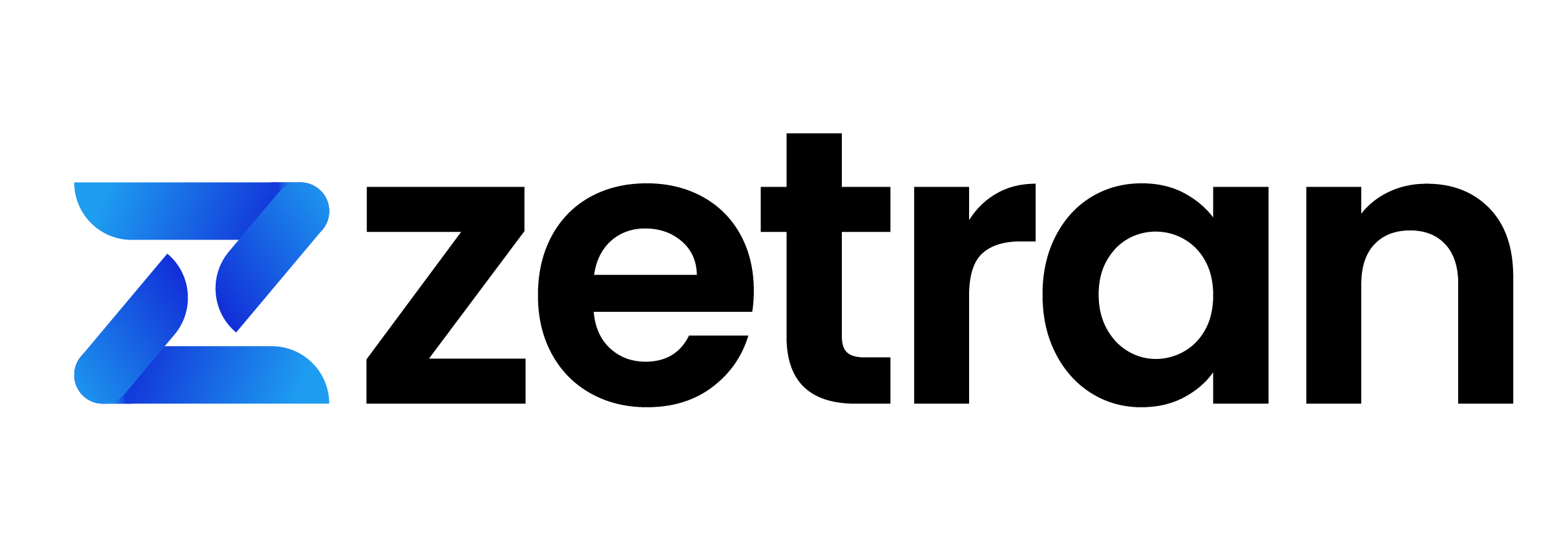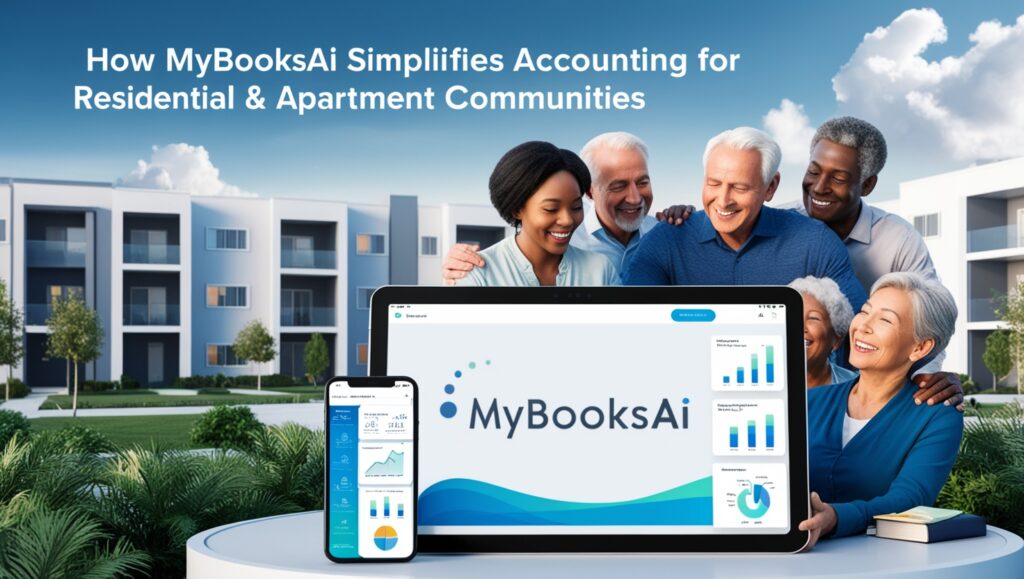GST FAQ’s – GST Frequently Asked Questions and Answers
We have presented the GST FAQs, to give a clear cut on the GST Topic. Following are the best and most asked GST-related questions and answers.
Explore: GST registration questions here
Understand GST with our GST Frequently Asked Questions (FAQ)
Question 1: What is GST?
Answer: GST simply means Goods and Service Tax. It is a destination-based tax on the consumption of goods and services in India.
Question 2: What is a place of supply in GST?
Answer: The place of supply or place of consumption is what determines whom the tax is accrued to.
Question 3: Who bears the burden of GST?
Answer: The tax burden is borne by the final consumer. GST is in the form of an indirect tax on the supply of goods and services.
Question 4: Which tax does the GST subsume?
Answer: The dual GST subsumes the taxes and levies on items previously collected by the central and the state. It will be levied simultaneously both by the central, in the form of intra-state supply of goods (CGST) and the state (SGST/UGST). The tax levied by the central on the inter-state supply of goods and services is called Integrated GST (IGST).
Question 5: What are the exempted items under GST?
Answer: All formerly taxable items by the central and the state are taxable except alcohol, petrol and petroleum products, electricity, and real estate.
Question 6: How can I register my business with GST?
Answer: Go to the GST website on any of your devices and do the registration.
Question 7: What is GSTIN?
Answer: GSTIN is the identification number given to every registered supplier.
Question 8: Can I register multiple businesses under one GSTIN?
Answer: Yes. It is possible to register multiple businesses under the same GSTIN as long as they are in the same state.
Question 9: Do e-commerce suppliers pay GST?
Answer: Yes. An electronic commerce operator is mandated to register for and pay GST irrespective of the value of the supply made by them.
Question 10: What are the various forms of returns on GST?
Answer: The returns are varied from GSTR-1 to GSTR-11.
Question 11: When is the GST filing return due?
Answer: The due date for filing a return is based on the form of GST return a taxpayer subscribes too.
Question 12: In what way does one get penalized for non-filing or late filing?
Answer: You pay a late fee of Rs. 100 for every day of delay after the due date to a maximum of five thousand Rupees. Refusal to file attracts a penalty ranging from 10% of the tax not paid or ten thousand Rupees.
Question 13: What is a composition scheme?
Answer: This is a scheme under GST, which allows small taxpayers whose turnover is less than Rs.1.0 crore to pay tax at a fixed rate of turnover.
Question 14: How does GST benefit small businesses?
Answer: GST makes tax filing convenient for small businesses. It also gives better Input Tax Credits (ITC) and makes inter and intrastate tax filing uniform.
Question 15: As a small business owner, do I need accounting software for my GST filing?
Answer: Yes. You need small business accounting software for easy tax filing and access to GTN.
Question 16: How does online accounting software benefit small businesses?
Answer: It becomes easy to input and collate your invoice with accounting software. Accounting software also calculates the tax payable on each supply for you and tax return filing becomes automated.
Question 17: Will the department be able to read my accounting software?
Answer: Yes.
Question 18: What is ITC?
Answer: The input tax credit is a means of reducing the tax liability by lowering taxes paid on inputs from taxes paid on output.
Question 19: Do taxpayers who benefit from the composition scheme enjoy ITC?
Answer: No.
Question 20: What is HSN and SAC code?
Answer: HSN refers to Harmonized System of Nomenclature. It is an 8-digit code use to classify the amount taxable on different goods. Service accounting code (SAC) is used to classify services.
Question 21: What is the reverse charge mechanism?
Answer: This is a case where the recipient of goods and services is liable to pay the tax instead of the supplier.
Question 22: Does the reverse charge applicable to only goods?
Answer: No. The reverse charge applies to both goods and services.
Question 23: What is PAN?
Answer: PAN simply means Permanent Account Number. This is required for anyone to register for GST except the non-resident taxable person.
Question 24: Who is a non-resident taxable person?
Answer: A person residing outside India, but making a taxable supply in India is a non-resident taxable person.
Question 25: Can I cancel my GST registration?
Answer: Yes. However, you must meet certain conditions to discontinue using GST.
GST Registration Related FAQ’s
Question 1: Do the sum of the total aggregate turnover contains the inward supplies value on which the RCM is payable?
Answer: The sum of total aggregate turnover will not include the inward supplies value on which the RCM is payable.
Question 2: A business owner runs a business in many states. He is a taxable person. All the supplies of the business owner are to be below 10 lakhs. He does an Inter-State collection from one state. Does he responsible for registration?
Answer: The respective business owner is liable to register, only if the total turnover is greater than 20 lakhs or if the business owner is involved in the inter-state supplies.
Question 3: I am an existing taxpayer in one of the branch offices in a state and if I register GST for another state, does the GST registration come under fresh enrollment or existing enrollment?
Answer: If you register GST for another state, then it comes under fresh GST registration.
Question 4: Is it okay to use a provisional (temporary) GSTIN until I get a new GSTIN?
Answer: Yes, you can use the provisional GSTIN until you receive your new GSTIN. But the final GSTIN should be received within 30 days.
Question 5: Does the country liquor trader need to emigrate from VAT to GST as liquor is out of GST law?
Answer: If the particular business person is involved in 100% of goods supply that is not accountable for GST, no registration is needed.
Question 6: If the civil contractor does the various projects at a different state, do they need to register in all states, or it’s sufficient to register only at the head office?
Answer: The service supplier will have to register at a place from the location where he is providing services.
Question 7: Should the aggregate turnover contain supplies turnover on which the payable tax by the recipient is beneath reverse charge?
Answer: The recipient pays the tax on a basis of reverse charge underneath outward supplies will include the supplier aggregate turnover.
Question 8: If the business owner runs two special economic zones (SEZ) within the same state, do they need to register twice?
Answer: Special economic zones (SEZ) beneath the same PAN number in a state need one registration.
Question 9: Does offering service from Nasik to other states needs registration to another state? When to register for other states?
Answer: If a person is offering a service from Nasik, the person has to register it only in Maharashtra, and IGST has to be settled on inter-state supplies.
Question 10: An individual has emigrated under the GST, but they need to register ISD. Can they apply at present? What is the procedure to proceed further?
Answer: An individual requires a new and distinct registration for ISD.
Question 11: A person has registered the GST without updating the SAC code. What do they need to do as the next step? The status is migrated.
Answer: A similar process can be proceeded to file FORM-26 for reclaiming provisional ID to final enrollment.
Question 12: Does there exist any concept based on the exemption beneath GST?
Answer: There doesn’t exist any concept based on the exemption beneath GST.
Question 13: What is the maximum time a person can wait for GST registration?
Answer: The GST unregistered person can take 30 days to complete the GST enrollment formalities from the registered date.
Question 14: What should do if a non-liable person registered GST?
Answer: If a non-liable person registered GST, they can apply for nullification of Provisional ID on or before the date of July, 31st 2022.
Question 15: If a business owner desires to register GST, who was not registered GST in past. What is the procedure to register?
Answer: They can register under GST through gst.gov.in.
Question 16: Do the small retail businessers who buy their products from the dealers/wholesalers need to register GST?
Answer: Under the law of GST, there doesn’t exist such law.
Related Articles
GST Reports (GSTR-1, GSTR-2, and GSTR-3B Explained)
In order to follow all the GST requirements, everyone needs to file GST returns from time to time. Read more
GST Filing Process for Small Business
The economy in India underwent the greatest tax reformation with the introduction of GST, which is more or less a destination-based tax reporting structure. Read more





